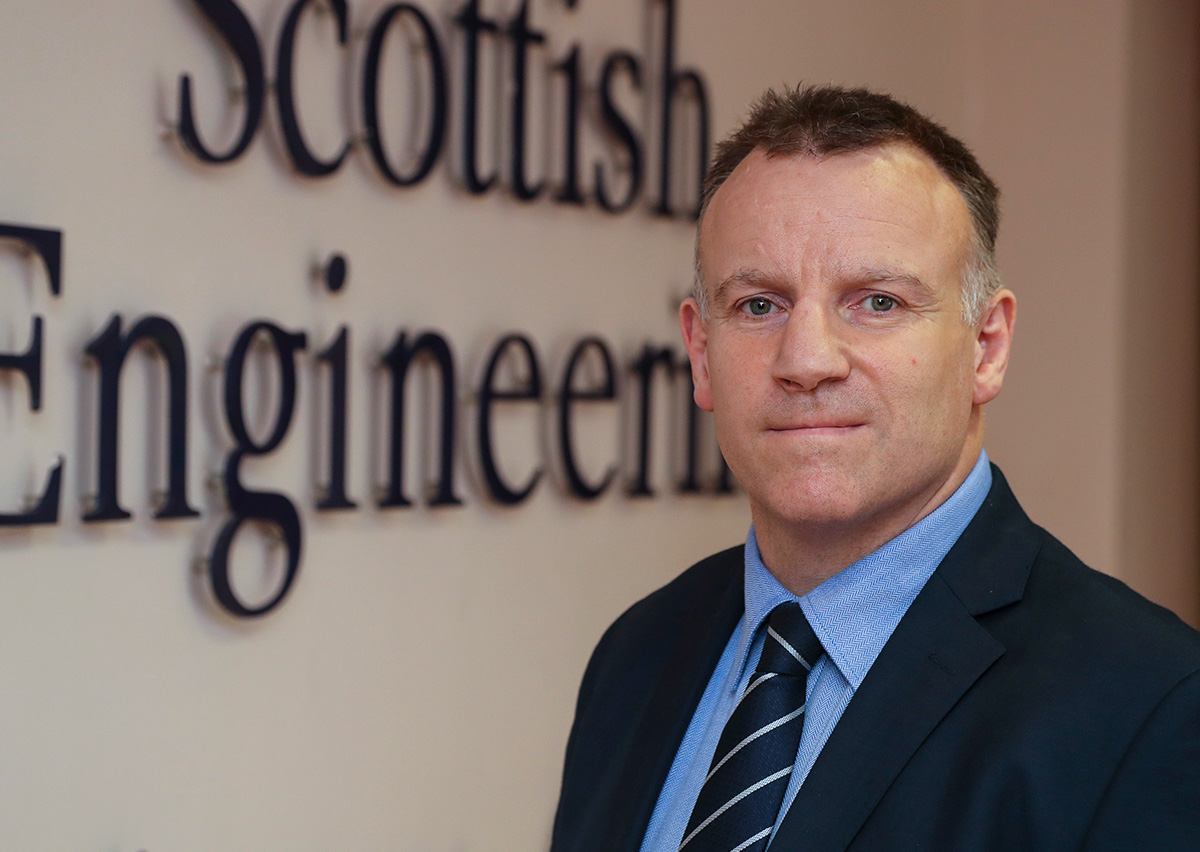
Guest Writer: New project to support sector with equality
Talat Yaqoob
Director
Equate Scotland
Employers across the engineering sector, no matter how big or small, will be well aware of the continuing efforts to diversify the workforce and bring in a new era of young people, people from different ethnicities and women into engineering. Given that the majority of the jobs of the future are likely to require some science, technology or engineering related qualification or training, it is surprising that we are yet to see a shift in diversity, especially in terms of the number of women in this sector.
According to labour market data, women make up around 16% of the engineering sector, and only 11% of these women have senior technical roles, yet their equal participation is worth billions to the UK’s economy. According to Engineering UK we need over 180,000 more engineers by 2022, to meet this target we need more women to pursue this career. But it is not all doom and gloom. In the last five years we have seen the largest increase in the number of women studying civil and renewable engineering, we have seen increased interest from employers who want to pursue equality and diversity and we have seen a renewed push by Government to make change happen.
Engineering is an exciting pathway with a diverse range of areas to work in, but unfortunately this message is not making its way to enough girls and women. The idea that engineering only happens in a hard hat, that engineering is for men or that engineering is not a creative vocation are dated and inaccurate misconceptions which get in the way of the sector recruiting a diverse workforce. These myths need to be tackled and realistic and accurate accounts of engineering need to become the norm. 2019 is the centenary of the Women’s Engineering Society and provides the perfect opportunity to highlight the brilliant women who have been or currently are engineers. It is also the perfect opportunity for employers to showcase that they are committed to gender equality.
To support these ambitions Scottish Engineering, SEMTA and Equate Scotland have teamed up to deliver a “women in engineering” bespoke project to bolster the equalities related efforts by employers. The project is working with the national expert organisation on gender equality, Equate Scotland, which specialises in supporting employers across STEM through training and consultancy. The project, which launched in January of this year, is providing engineering employers with the skills they need to deliver equalities strategies and actions that are not only practical but will make genuine change. From unconscious bias training, to on the phone expert advice, this programme of work will be a “go to” for employers who want to be leading in this area.
Through this project, it is hoped that the engineering industry will be able to attract more applications from women, showcase their work to a future generation of employees and create inclusive workplaces; where not only women can flourish, but workplaces which are welcoming to all.
The project has already been supported by Jamie Hepburn MSP, Minister for Business, Fair Work and Skills and we are looking for employers who want to take part in our programme of training. Often we hear that employers care about these issues, but they do not know where to start or what activities would be most beneficial to them. This project hopes to demystify the area of equality and diversity and support employers to take positive steps forward. First and foremost, this project will create a training and development space to allow industry to reflect on current practices and develop better cultures.
Engaging more women in engineering is not as simple as giving a one-off talk at a local school, instead it is about strategic and sustainable efforts. Through this work, we know we can make a difference, all we need are progressive thinking employers to help lead the way.
Get in touch with us to get involved info@equatescotland.org.uk
The views expressed by the guest writer are not necessarily those of Scottish Engineering






